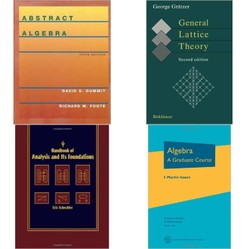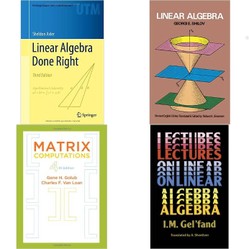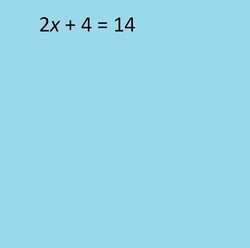You may be surprised to see a book on analysis (advanced calculus) in a list of abstract algebra books. But this is no regular analysis text. A full quarter of this book is dedicated to algebraic structures.
The pace of this book's algebra section is fast; it covers groups, rings, fields, matrices and more in a single chapter, and then delves into categories, algebraic structure of the real numbers, and has further chapters on linear algabra, convexity, boolean algebras, and logic.
I recommend this book for self-study for all beginning graduate students in mathematics, and for purchase as a reference text for any mathematician. It is a unique book that I found revolutionized how I think about virtually all areas of mathematics.
Strengths: The only introductory book that I know that introduces algebraic structures primarily from the perspective of analysis. This book's presentation of many algebraic structures is unique and completely unlike that I have found in any other book. The connections to mathematical logic and topology, and the way the book discusses the addition of topological structures overtop algebraic structures are also unique.
Potential downsides: This book presents so many examples, so much material, and so many different ways of looking at things that it is easy to get lost and overwhelmed while reading it, even in the more accessible chapters. Although this book is exceptionally accessible for how deeply and thoroughly it develops subjects, it is still dense and often requires great thought and reflection to understand. This is not a thorough or comprehensive algebra text: it can enrich your understanding of algebra, but it is not a substitute for other abstract algebra texts of the sort covered above.














 The Shaming of Femininity and Elevation of Masculinityon 07/13/2017
The Shaming of Femininity and Elevation of Masculinityon 07/13/2017
 What is Genderqueer or Non-Binary Gender?on 10/16/2015
What is Genderqueer or Non-Binary Gender?on 10/16/2015
 Resources for Learning Spanish Free Onlineon 04/13/2016
Resources for Learning Spanish Free Onlineon 04/13/2016
 Ways Native Plants Can Help Control Invasive Plantson 05/26/2016
Ways Native Plants Can Help Control Invasive Plantson 05/26/2016



Questions? Comments? Feedback?